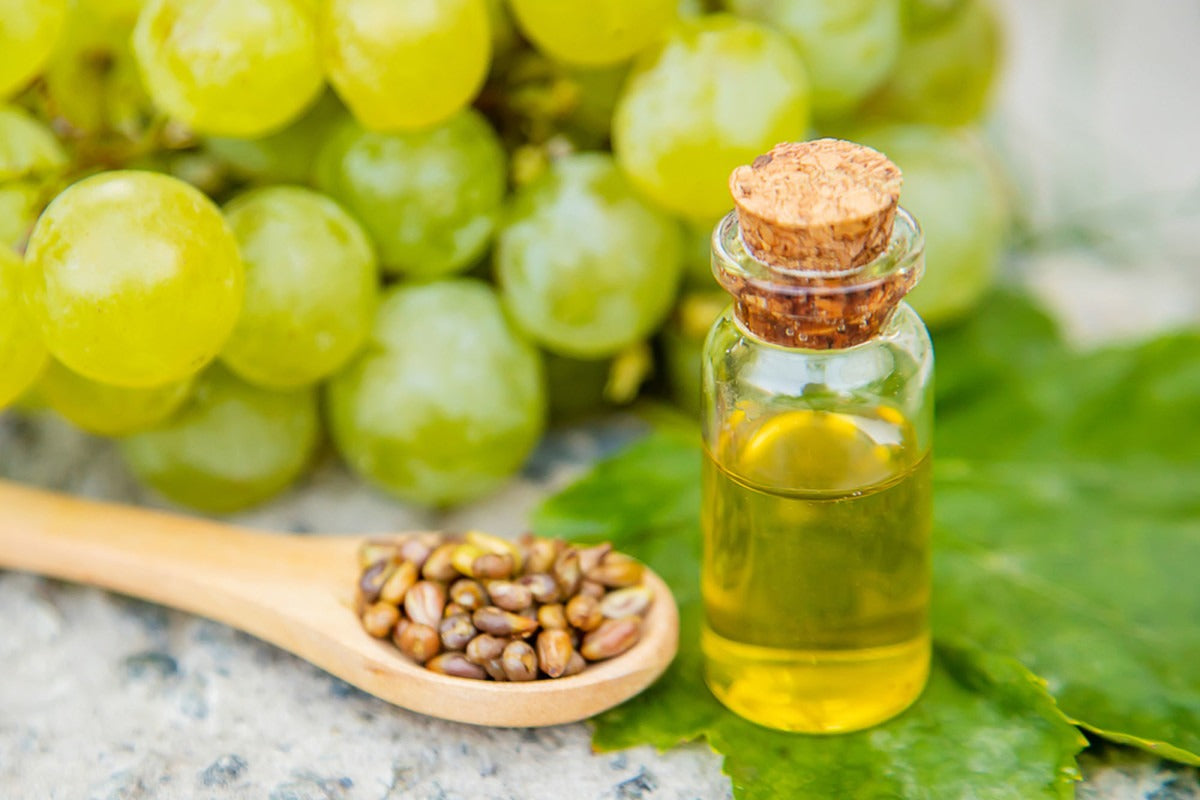If you're searching for a natural remedy that boasts a myriad of uses, you might find yourself wondering, 'what is castor oil?' Extracted from castor beans, castor oil has a long history of use dating back thousands of years. This pale yellow oil is known for its versatile applications, especially in the kitchen and for its various health benefits.
Let's delve deeper into the properties, benefits, and surprising uses of castor oil, making sure you understand why this age-old remedy is still relevant today.

Origins and Extraction of Castor Oil
Castor oil is derived from the seeds of the Ricinus communis plant, commonly known as the castor plant. Native to tropical regions of Africa and Asia, this plant has spread to various parts of the world. The oil is extracted by pressing the seeds, often using a method called cold pressing to retain the oil's beneficial properties.
The Historical Context of Castor Oil
The use of castor oil dates back to ancient civilizations. The Egyptians were among the first to explore its properties, using it for medicinal purposes and as a light source. Later, it gained popularity in India and China for its therapeutic benefits.

Properties of Castor Oil
Castor oil is rich in ricinoleic acid, a unique fatty acid that contributes to its multiple health benefits. It has anti-inflammatory, antimicrobial, and moisturizing properties, making it a staple in both traditional and modern medicine.
Physical Characteristics
Castor oil is a thick, viscous liquid that is pale yellow in color. It has a distinct, slightly pungent aroma, which may take some getting used to. Due to its high viscosity, it is highly effective in providing a barrier to moisture, making it ideal for skin and hair care.

Common Uses of Castor Oil
So, what is castor oil used for? Beyond the kitchen, you'll be amazed at the versatility of castor oil. Here are some of the most popular applications:
1. Skincare and Beauty
Castor oil is a common ingredient in many skincare products. Its moisturizing properties make it ideal for treating dry skin, acne, and inflammation. It also works wonders on scars and stretch marks.
- Acne treatment: Due to its anti-inflammatory properties, castor oil can help reduce the redness and swelling associated with acne.
- Anti-aging: Regular use of castor oil can reduce the appearance of wrinkles and fine lines.
- Moisturizer: Apply a small amount of castor oil to your skin to keep it soft and hydrated.
2. Hair Care
Looking to improve your hair health? Castor oil is an excellent natural remedy.
- Hair growth: Regular scalp massages with castor oil can stimulate hair growth.
- Scalp health: Its antifungal properties help in treating dandruff and other scalp issues.
- Conditioning: Use it as a deep conditioner to leave your hair feeling soft and looking shiny.
3. Medicinal Uses
Castor oil has been lauded for its medicinal benefits, especially in alleviating digestive issues and as a laxative.
- Laxative: The ricinoleic acid in castor oil stimulates the intestines, helping to relieve constipation.
- Joint pain: Its anti-inflammatory properties make it effective in reducing the pain and swelling associated with arthritis.
- Immune support: Some research suggests that castor oil can boost immune function by increasing the production of white blood cells.

Using Castor Oil Safely
While castor oil is generally safe for topical use, it's essential to perform a patch test first to ensure you don't have an allergic reaction. For internal use, always consult a healthcare professional to avoid any potential side effects.
Bear in mind that high doses of castor oil can be toxic. Pregnant women should avoid using castor oil as it can induce labor.
Recommended Dosage
When it comes to using castor oil internally, dosage is crucial.
- If using as a laxative, adults should not exceed one teaspoon of castor oil per day.
- For topical applications, a small amount goes a long way. Start with a few drops and increase as needed.
Where to Buy Quality Castor Oil
To reap the benefits of castor oil, it is crucial to choose a high-quality, cold-pressed product. Many online retailers, health food stores, and pharmacies offer pure castor oil. Look for certifications that indicate the oil is organic and free from harmful additives. If you're interested in maintaining a clean and hygienic kitchen environment, you can also check out these top tips for cleaning kitchen tiles.
Here is a link to a reputable source where you can purchase high-quality castor oil.
Conclusion
So, what is castor oil? It's a natural remedy that has stood the test of time, offering versatile uses and numerous benefits for skin, hair, and overall health. Whether you're a kitchen professional looking to incorporate natural products into your routine or someone seeking to explore holistic remedies, castor oil is worth considering. Always remember to use it safely and consult with a healthcare provider for internal use.
Frequently Asked Questions (FAQs)
1. What are the benefits of using castor oil for hair growth?
Castor oil stimulates hair growth by improving circulation to the scalp and providing essential nutrients. It also helps in preventing hair fall and strengthening hair strands.
2. Can castor oil be used for cooking?
While castor oil is primarily used for medicinal and cosmetic purposes, some cultures do use small amounts in cooking. However, it's crucial to ensure the oil is food-grade before consumption.
3. Is castor oil safe for children?
Topical application of castor oil is generally safe for children. However, internal use should be strictly monitored and only administered under the guidance of a healthcare professional.
4. Can castor oil help in reducing wrinkles?
Yes, the moisturizing and anti-inflammatory properties of castor oil make it effective in reducing wrinkles and improving skin elasticity.
As an Amazon Associate, I earn from qualifying purchases.






Leave a comment
This site is protected by hCaptcha and the hCaptcha Privacy Policy and Terms of Service apply.